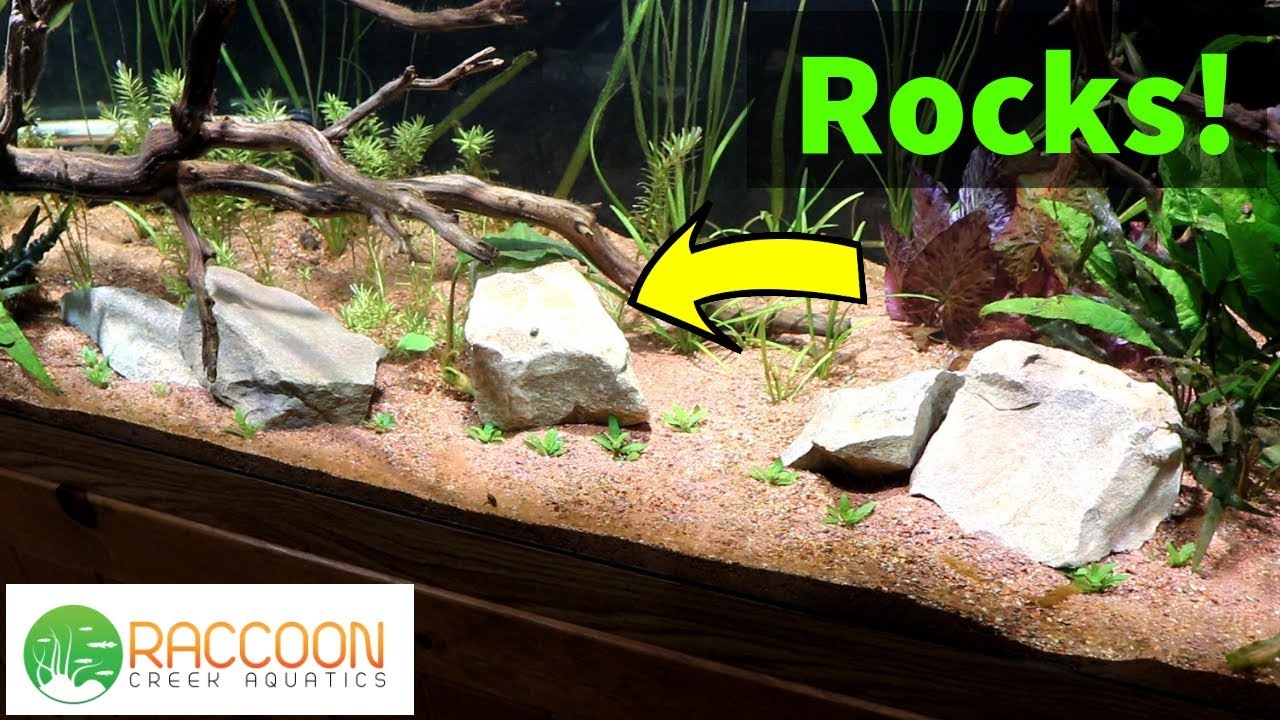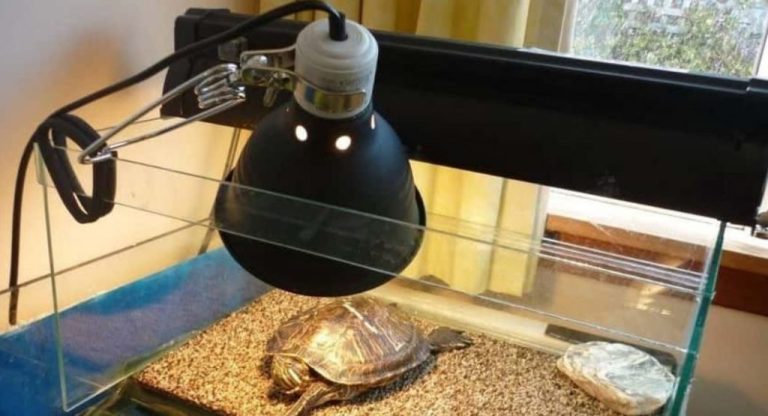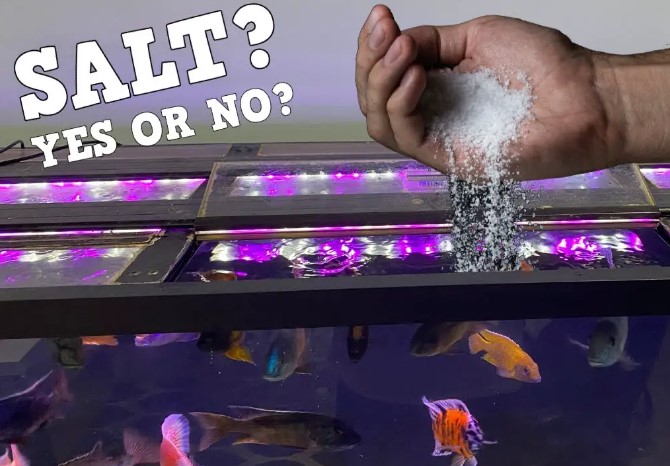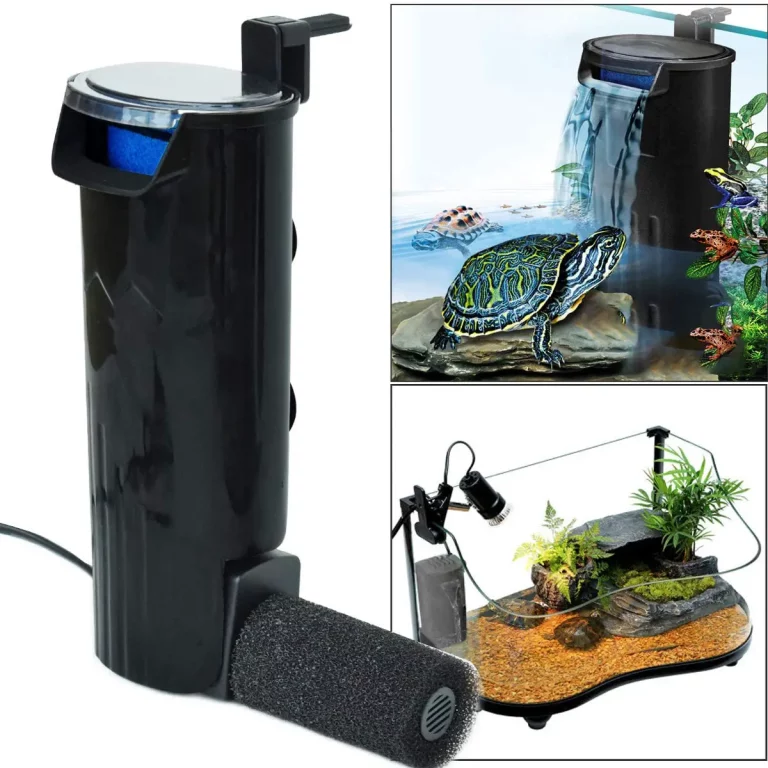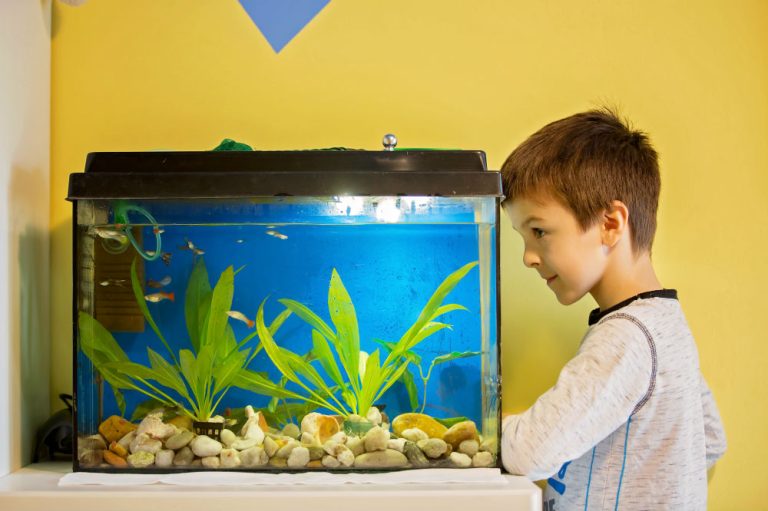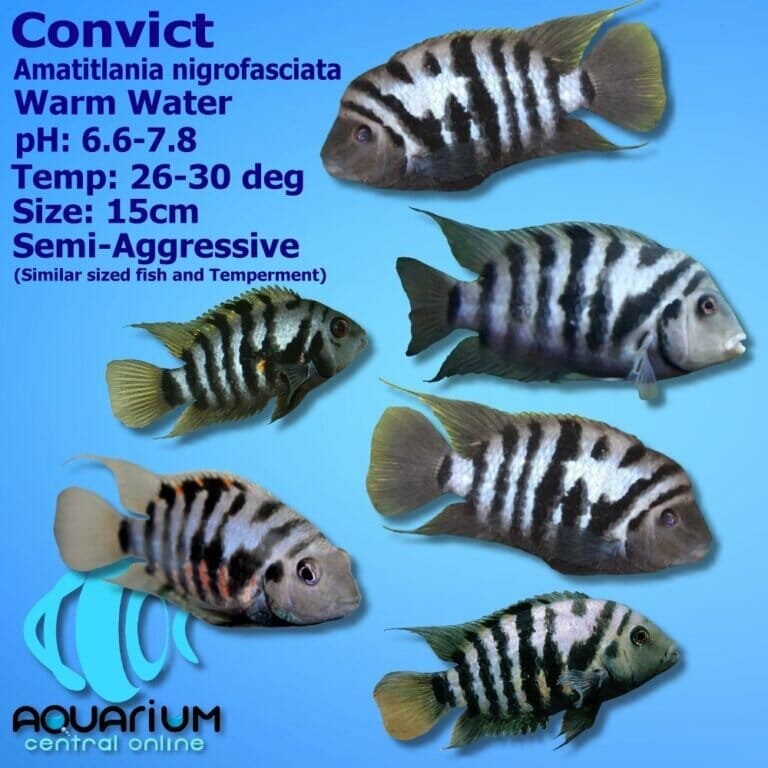Boiling Rocks for Aquarium: The Perfect Duration!
Boiling rocks for an aquarium should take at least 10-15 minutes. Boiling aquarium rocks can be a necessary step to ensure their safety and cleanliness for your aquatic pets.
The length of time required to boil rocks will depend on their size and type, but it typically falls within the range of 10-15 minutes. By boiling rocks, you can help to remove any harmful bacteria, parasites, or chemicals that may be present.
It’s important to note that not all rocks are safe for aquariums, so be sure to research which types of rocks are appropriate for your specific tank. Additionally, it’s recommended to allow the rocks to cool completely before introducing them to your aquarium in order to avoid any potential thermal shock to your fish or plants.

Credit: www.amazon.com
Factors To Consider Before Boiling Rocks For Aquarium
Boiling rocks for your aquarium is an excellent way to get rid of toxins that can be hazardous to the fish. But, before you start boiling them, there are a few things to consider to ensure that it’s safe. In this post, we’ll explore the factors to consider before boiling rocks for your aquarium.
Types Of Rocks That Are Safe For Aquariums
Not all rocks are considered safe for aquariums, as some contain chemicals and minerals that can harm fish and plants. Here are some of the rocks that are safe to use:
- Sandstone
- Slate
- Lava rock
- Seiryu
- Dragon stone
Impact Of Different Rock Types On The Water Chemistry Of An Aquarium
Each rock type has a different impact on the water chemistry of an aquarium. Some rocks can release minerals and alter the ph levels that can be harmful to the aquatic life. Here are some of the impacts that different rock types have on water chemistry:
- Limestone and marble can raise ph levels and hardness levels, which can be dangerous for fish and plants.
- Granite and basalt are inert rocks that don’t affect the water chemistry of an aquarium.
- Seiryu and dragon stone will release minerals that can lower the ph level, which is excellent for aquariums with fish that need lower ph levels.
How To Check If Rocks Are Safe To Boil Before Adding To An Aquarium
Before boiling any rocks, it is crucial to ensure they are safe for your aquarium. Here are some steps to take to determine if the rocks are safe to boil and use:
- Perform a vinegar test on rocks to determine if they contain calcium carbonate. If it bubbles, it is unsafe to use.
- Research the rock before using it and check if it is safe for aquarium use.
- Consult a professional if you are not sure which rocks are safe to use.
By following these guidelines, you can add safe rocks to your aquarium without putting your aquatic friends in harm’s way.
Remember, it’s better to be safe than sorry when it comes to your aquarium’s health. Take the time to research and determine which rocks are best suited for your aquarium and follow the necessary precautions to ensure your aquatic life thrives.
Boiling Rocks For Aquarium: The Perfect Duration
Boiling rocks before adding them to your aquarium is an essential step in ensuring that your aquarium is safe and healthy for your aquatic pets. While boiling kills any harmful bacteria, other factors determine the optimal duration for boiling the rocks.
Follow these guidelines to determine the perfect duration for boiling rocks before adding them to your aquarium.
Recommended Duration For Boiling Rocks:
- Smaller rocks should be boiled for 10-15 minutes, while larger rocks require simmering for at least 20-30 minutes for effective cleaning.
- Conducting the boiling process for longer time than recommended duration is not advisable and can lead to hard water in your aquarium.
Why Boiling Rocks For Too Long Is Not Recommended:
- Boiling rocks for too long can cause the rocks to crack or break, making them useless for your aquarium.
- Long durations of boiling also increase the hardness of the rocks, which translates to an increase in hardness of your aquarium’s water chemistry, significantly impacting the living conditions of the aquatic pets.
Effect Of Boiling For Too Long On The Hardness Of Rocks And Water Chemistry:
- Boiling rocks for long periods can result in the release of minerals and other elements, increasing the hardness of your aquarium’s water chemistry.
- Excessive hardiness of aquarium water can lead to several health problems in aquatic pets, including stress and diseases, and could eventually lead to a rise in death rates.
Importance Of Monitoring The Rocks During Boiling:
- It is critical to monitor every rock during boiling to ensure that they do not crack, break or disintegrate.
- Check the water for any signs of mineral release that may discolor the water during the boiling process.
Remember, while boiling rocks is an essential step in preparing rocks for your aquarium, overdoing this process can result in several problems. The optimal duration for boiling rocks is essential to maintaining a healthy aquarium environment. Ensure that you follow the recommended guidelines to keep your aquatic pets healthy and happy.
Preparing Boiled Rocks For Aquarium
Aquarium rocks are an essential element for any tank. They help create a natural look and provide hiding spots for fish. But before adding them to your aquarium, you must prepare them adequately. Here we will discuss the steps to follow, from boiling to storage.
Steps To Perform After Boiling Rocks
After boiling rocks, it is essential to clean and rinse them adequately.
- First, scrub them with a stiff brush to remove any residual dirt or debris.
- Rinse each rock individually under running water to remove any remaining dirt.
- Repeat the process until the water runs clear.
- Avoid using any soaps or detergents, as they can harm aquatic life.
Cooling And Drying Techniques For Boiled Rocks
Once you have cleaned the rocks, you need to allow them to cool and dry.
- Transfer the rocks to a large bowl or container filled with cold water to prevent them from breaking.
- Let the rocks submerge in the water until they are cool to the touch.
- Remove them from the water and let them air dry completely before storing them.
How To Store Boiled Rocks Before Adding To An Aquarium
Proper storage of boiled rocks is crucial to prevent contamination. Follow these steps to store boiled rocks:
- Store the rocks in a clean, dry, and moisture-free container.
- Label the container to avoid confusion with other types of rocks.
- Keep the container in a cool and dry place away from sunlight.
- Do not stack the rocks, as this can cause them to crack or chip.
Recommended Quantity Of Boiled Rocks To Add
Now that you have prepared the rocks, you may want to add them to your aquarium. Keep in mind that the number of rocks you need will depend on the size of your aquarium. We recommend adding around one to two pounds of rocks per gallon of water.
- Make sure to distribute the rocks evenly throughout the tank to make it look natural.
- Avoid overcrowding the tank with too many rocks, as it can cause problems with cleaning and maintenance.
By following these simple steps, you can safely add boiled rocks to your aquarium, creating a beautiful and natural environment for your aquatic pets. Happy fish keeping!
Frequently Asked Questions On How Long To Boil Rocks For Aquarium
How Do I Prepare Rocks For My Aquarium?
To prepare rocks for your aquarium, clean them thoroughly with a scrub brush and boil them for at least 20-30 minutes to kill off any bacteria or parasites.
How Often Should I Boil The Rocks In My Aquarium?
Boil your aquarium rocks before adding them to your tank and only as needed for maintenance, such as if the rocks develop unsightly algae or debris.
Can I Skip Boiling Rocks For My Aquarium And Still Keep My Fish Healthy?
Boiling rocks for your aquarium is a crucial step in keeping your fish healthy as it helps remove harmful bacteria, parasites, and other organisms that can harm your fish.
How Long Should I Boil Rocks For My Aquarium?
Boil your aquarium rocks for at least 20-30 minutes to ensure they are free from any harmful bacteria or parasites before adding them to your tank.
Conclusion
After understanding the importance of boiling rocks before putting them into an aquarium, it is clear that the process removes any harmful bacteria, parasites, or toxins that may cause harm to fish and other aquatic animals. The length of time required to boil the rocks is dependent on their size and type.
While it may seem like a stressful and tedious task, it’s necessary to avoid contamination which may result in the loss of aquatic life. When selecting rocks for aquariums, it’s crucial to choose porous and non-reactive ones such as granite, lava rocks, or shale, which are also safe and won’t alter the chemical balance of the water.
Keeping your aquatic pets safe is paramount for any responsible aquarium owner. By boiling rocks before introducing them into the tank, owners are ensuring the safety and well-being of their aquatic pets.
